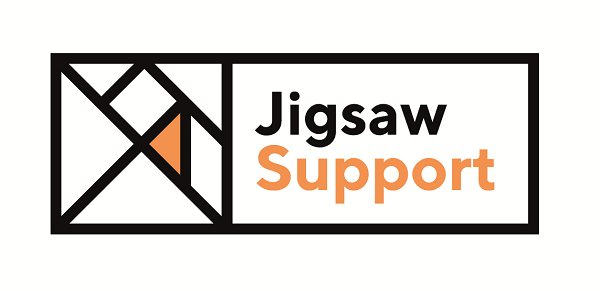The Housing First Rough Sleepers Initiative was initially commissioned to work with women with a history of homelessness and complex support needs. The contract was amended in 2020 and we began supporting both men and women. We aim to provide people with their own tenancy and long-term support to help them manage this.
Most people who come onto our service have a prolonged history of abuse; usually starting in childhood. Many suffer with mental health and use drugs and alcohol as coping mechanisms. This can have a huge impact on their ability to manage a tenancy and to cope with everyday living.
Our first priority is building a relationship with customers who come onto service. Most have been in and out of different services for years. We often find that they have been signed off from other services because they’ve been unable to adhere to traditional requirements of engagement such as sticking to specific appointment times, remaining abstinent from alcohol or drugs or simply not being able to cope with formal settings. We understand this and work to see the customer on their territory and on their time. Our support is not conditional on a customer engaging with us and instead, we seek out the customer until eventually, they realise we aren’t going anywhere. Support and trust building can take time with challenges along the way.
Steven was referred to our service in February 2020. At the time he was living in temporary accommodation. He had a history of being homeless, an addiction to heroin and was committing crime in order to maintain his habit.
After a few initial meetings with his keyworker, he was really happy to sign up for a property with New Charter Homes in June 2020 however after he signed for the property, Steven disappeared. This meant we were unable to arrange a claim for Housing Benefit on Steven’s behalf, resulting in rent arrears accruing. It became a real possibility that Steven would lose his home and return to rough sleeping.
Thankfully, Steven turned up and explained to his keyworker that he had felt overwhelmed by his new tenancy. The team did their best to assure him that they were with him every step of the way, however, Steven was still not ready and disappeared once again.
A few weeks later we located him and Tim, one of our keyworkers, visited him daily in Ashton where he hung out and slowly coaxed him back to his flat. Tim sought the help of New Charter Homes’ Money Advice team who worked really hard to get Steven’s housing benefit in place. This meant that Steven did not have to worry about how he was going to pay his rent.
Tim worked with Steven to get him registered with a GP. It was clear that Steven had enduring mental health issues and was in need of medication. Once prescribed, Steven was much more clear-headed and able to focus on his recovery.
Steven was helped to make his flat a home. We arranged for Second Generation Furnishings, a local charity which specialises in providing furniture for those who need it, to deliver various items. When they arrived, Steven insisted on paying for the delivery.
We worked at Steven’s own pace to help him get other matters in order, such as arranging for a chemist to provide his prescriptions, managing his money and bills and accessing low cost food at the local Food Pantry. He says he now feels settled, his flat is his home and he even cooked a Christmas dinner for himself.
Steven continues to work closely with Tim and has also built close relationships with his family. He says that he “loves chilling out and watching DVD’s” in his cosy home and has registered to do some peer mentoring via Probation.
This is a great example of how persistence, never giving up, and working together with other services can make such a difference.


